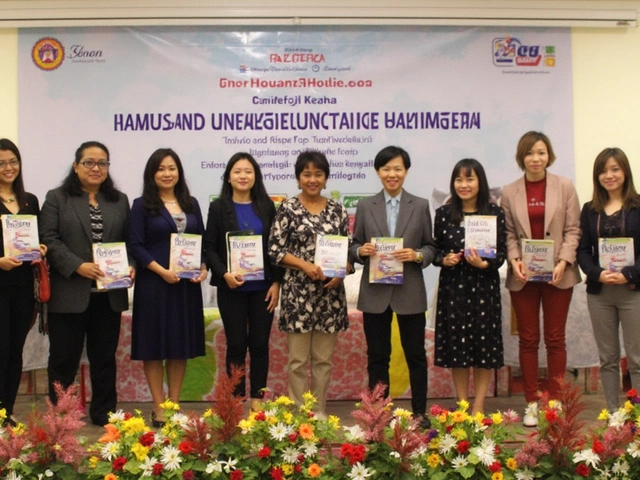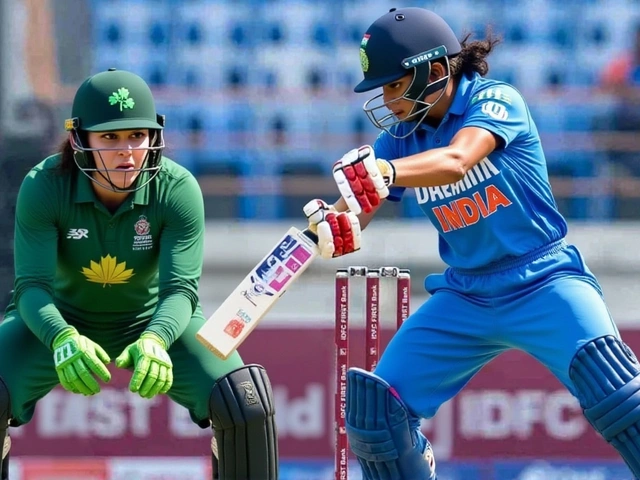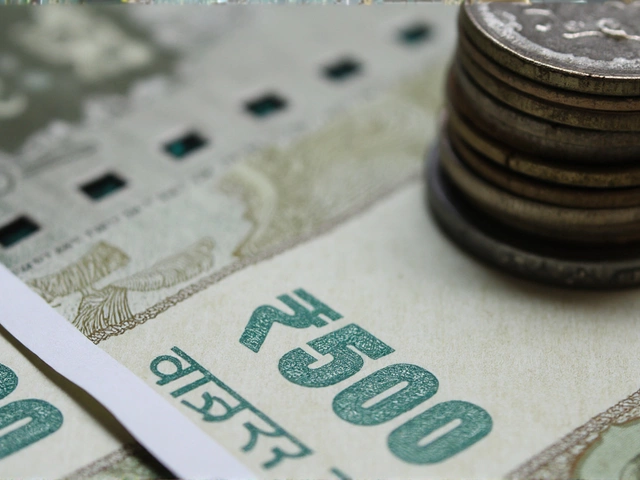Junior Research Fellowship (JRF) – All You Need to Know
If you’re aiming for a research career in India, the Junior Research Fellowship (JRF) is the gateway most students eye. It’s not just a scholarship; it’s a ticket to a Ph.D. and a decent stipend while you dive deep into research. Below we break down who can apply, what the exam looks like, and proven ways to crack it without burning out.
Who Can Apply for JRF?
Eligibility is straightforward but strict. You must have a Master’s degree (or an integrated M.Sc.) with at least 55% marks (50% for reserved categories). The degree should be from a recognized university, and you need to have cleared the National Eligibility Test (NET) or an equivalent (e.g., GATE for engineering). If you’re a fresh graduate, you can still sit for the test, but you’ll need to submit the final result once it’s out.
Exam Pattern and Syllabus Overview
The JRF exam is part of the larger NET framework and usually has two papers:
- Paper I – General aptitude, reasoning, and numerical ability. It’s common for all subjects and tests your logical thinking.
- Paper II – Subject‑specific, covering the core concepts of your discipline (Physics, Chemistry, Management, etc.). This is where depth matters.
Both papers are objective, each with 100 multiple‑choice questions, and you have 2 hours per paper. The scoring follows a marks‑for‑right, negative marks for wrong (usually -0.25). A total of 150 marks is the maximum, and you need at least 40% in each paper to qualify for JRF.
Practical Preparation Tips
1. Start Early, Focus on Basics – Your first month should be about clearing fundamental concepts in your subject. Use standard textbooks and NCERT notes for the basics; they’re concise and cover most syllabus points.
2. Solve Past Papers – Nothing beats the feel of real exam questions. Download the last five years’ NET papers for your discipline and time yourself. Identify patterns: which topics repeat, which question types drain time.
3. Build a Question Bank – While practicing, note down tricky questions and repeat them weekly. This spaced‑repetition technique boosts recall and confidence.
4. Mock Tests for Paper I – Since Paper I is common across streams, treat it like a separate test. Take at least two full‑length mock exams every week and review mistakes immediately.
5. Time Management Strategy – Allocate 1.5 minutes per question in Paper II and 1.2 minutes in Paper I. If a question feels too tough, move on and return later; the negative marking can hurt your score.
6. Join Study Groups – Online forums or local coaching groups give you a platform to discuss doubts. Teaching a concept to peers is a fast way to cement your own understanding.
7. Stay Healthy – The preparation window is intense, but regular sleep, short exercise breaks, and proper meals keep your brain sharp. A tired mind is more likely to make careless errors.
Application Process Made Simple
Once you feel ready, the application is a few clicks away. Visit the official UGC NET portal, fill in your personal and academic details, upload scanned documents (degree certificate, photograph, signature), and pay the fee (usually around ₹250 for general candidates). Keep an eye on the application deadlines; missing them means waiting another year.
After the exam, results are announced online. If you score above the cutoff, you’ll receive both the JRF award and eligibility for the Assistant Professor (AA) post. The JRF stipend is currently ₹31,000 per month plus HRA, and it can be extended for up to five years if you continue your research progress.
In short, the Junior Research Fellowship is a solid stepping stone for anyone serious about research. By mastering the basics, practicing with real questions, and staying disciplined, you can turn the NET into a JRF and launch a rewarding academic career.
UGC NET December 2024 Results Out: Access Scorecards on Official Portal
The UGC NET December 2024 results are now available, covering 85 subjects. Announced by NTA on February 22, 2025, candidates can download their scores using their application details. The exams took place in January 2025, defining eligibility for Assistant Professorship and JRF. Upcoming results will also reveal fellowship qualification for various categories.





